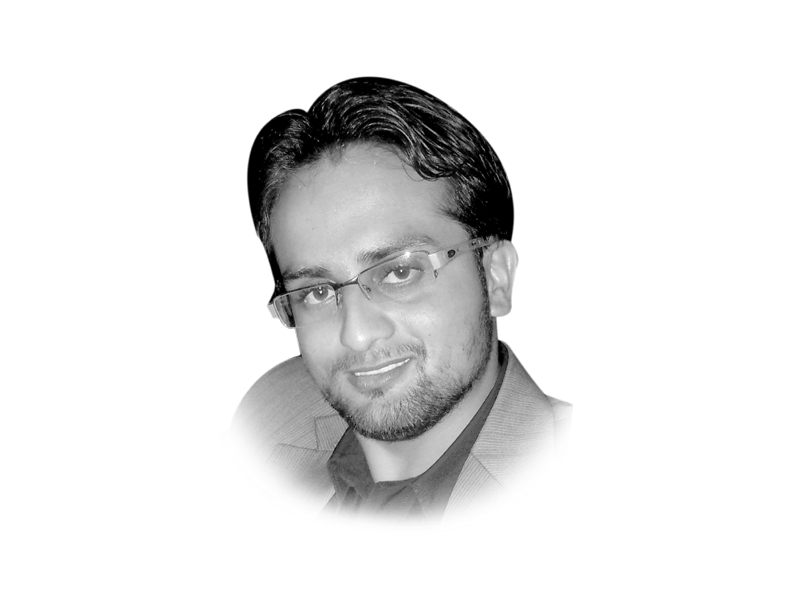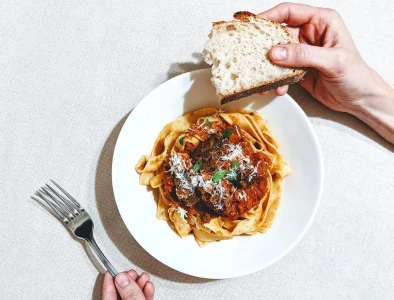
House help as heroes of Covid vaccination drive
A renewed interest in getting the jab since the govt decided to cancel sims and cut salaries
Since the government decided to cancel sims and cut salaries there is a renewed interest in getting the jab that would have otherwise ‘killed you’ within two years. Karachi’s biggest vaccination facilities are now flooded with people, standing in queues for more than half a day to find immunity against the government’s bid to make communication and life impossible. A stroll through these queues tells us a fascinating tale of socio-economic disparities that operate within urban centres such as Karachi and why something similar to a threat was needed to get the vaccine party going.
Some people I randomly spoke to at the Expo Centre termed this recent drive panchayat and chiraand by a government that is hell bent on implementing lockdowns and making lives miserable for the daily wagers and business community. The drive-through near Park Towers in Clifton mostly comprises white-collar workers and university students who have been instructed to get vaccinated in order to carry on employment or campus access. A rather silent minority also includes well-placed, affluent families that were waiting for Pfizer or Sputnik to be privately available again before the government dropped a time bomb. Perhaps that’s why more than 60% population in district South has had their first jab and this is indeed a big achievement by the Sindh government and NCOC.
Of course, the two vaccination centres under discussion are not a reliable case study for the whole of Karachi, let alone Pakistan, but it does signify how people from different classes finally convinced themselves to get the vaccine and why. Some always had the means and knowledge about the risk but wanted the best and most long-lasting solution while others still don’t consider it a solution and are doing so because there is no other choice.
This disparity of opinion also exists because there’s close to zero communication between the two segments and even if one of them initiates a dialogue the other is either considered too hi-fi and loaded to actually care, or too unsterile and uneducated to even engage in a dialogue with. Thanks to the lockdown and the pandemic-related hygiene discrimination the little spaces that were left for this cross-sectional conversation to take place are also deserted or replaced by online shopping, praying-at-home or sending your driver to have the car fixed.
Sociologically speaking, there were quite a few positives that came out of the most shocking, first wave of Covid-19. The upper and upper-middle-class realised that mopping the floor and doing dishes every day is as real a deal as the pandemic so the idea of giving your house help a paid leave, presumably because they come from a dirtier neighbourhood, or go around cleaning other houses, was a welcome change but not a lasting one.
In order to maintain their own comfort and hygiene, the richer households created a bio-bubble of their own by sanitising the house help every day, after the outbreak, and vaccinated the house help as soon as they were made available. While the decision to pressure the house help could have been born out of the sheer self-interest of the privileged class, it could actually prove to be the real game-changer in our collective battle against Covid-19. What is important here is not the intention but the conversation that led your under-privileged and presumably uneducated maid to get the vaccine and why.
The house help, most of them in Karachi, comprises women and girls from rural Sindh and Punjab living in small and in some cases kacchi settlements can be the anchor point for the vaccination drive to prosper beyond just urban centres. Maids and house servants working in bigger cities are usually breadwinners and examples for the rest of the family, and in many cases for the entire tribe. If the rich, who were the primary vectors of this outbreak, can take the responsibility of not just threatening to fire unvaccinated house help but actually having a conversation about it, then our biggest undocumented workforce can be the real heroes, for once. It’s time to be rich at heart.
Published in The Express Tribune, August 11th, 2021.
Like Opinion & Editorial on Facebook, follow @ETOpEd on Twitter to receive all updates on all our daily pieces.












COMMENTS
Comments are moderated and generally will be posted if they are on-topic and not abusive.
For more information, please see our Comments FAQ